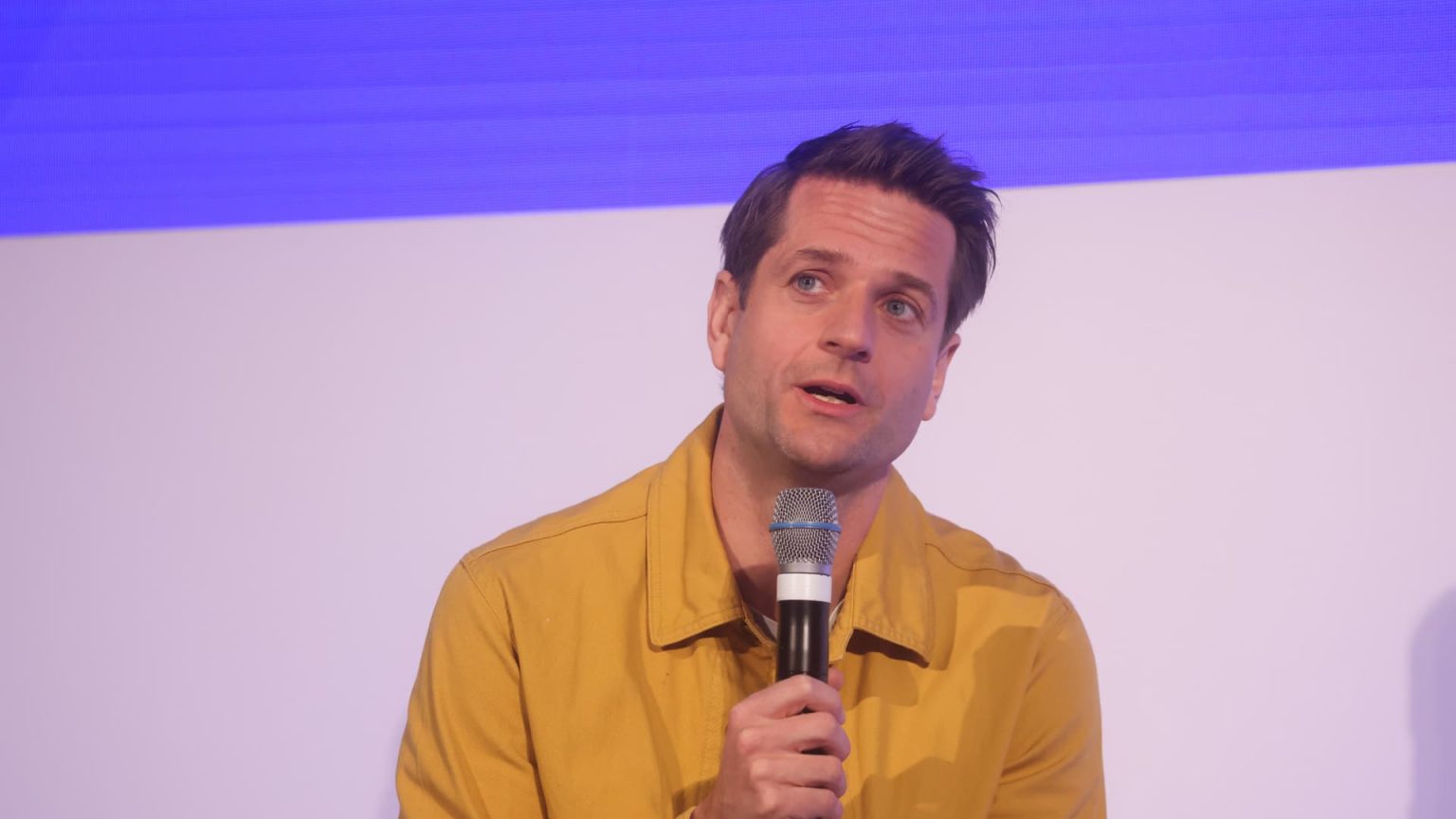As Klarna approaches its initial public offering, CEO Sebastian Siemiatkowski has identified a major risk factor facing the company: a brain drain of European technology talent. Siemiatkowski highlighted the unfavorable rules in Europe on employee stock options, which could lead to Klarna losing talented employees to tech giants in the U.S. such as Google, Apple, and Meta. This lack of attractiveness of Europe as a place for the best and brightest to work has become a prominent fear for the company as it gears up for its IPO.
One of the key concerns for Klarna is its compensation structure, particularly in comparison to its publicly-listed peers. According to a study obtained by CNBC, Klarna offers significantly less equity as a share of its revenue compared to its competitors. Siemiatkowski mentioned the hurdles that European tech firms face when it comes to offering more favorable employee stock option plans, such as high costs that erode the value of shares granted to employees. The unpredictability of social security payments deducted from stock rewards in countries like the U.K. and Sweden further complicates the situation.
Siemiatkowski has signaled Klarna’s intentions to go public soon, potentially as early as 2024. The company has been in discussions with Goldman Sachs as a potential lead underwriter for its IPO, which could take place in 2025. Despite the uncertainties surrounding the timing and location of the IPO, Klarna is poised to be one of the first major fintech companies to debut on a stock exchange in several years. This move comes as competitors like Affirm and Afterpay have also made significant strides in the public markets.
A study by Index Ventures revealed that European startup employees own around 10% of the companies they work for on average, compared to 20% in the U.S. The U.K. and Sweden have been highlighted as countries that face challenges in the treatment of employee stock option plans, with administrative burdens and other factors impacting the attractiveness of these plans. Siemiatkowski acknowledged the risk of a brain drain at Klarna, particularly as the company expands aggressively in the U.S. and employees may be tempted to leave for American tech firms offering more competitive compensation packages.
Siemiatkowski emphasized that European companies face a sentiment that they shouldn’t pay as much to talented individuals, especially in the financial services industry. This mindset could hinder competitiveness and lead to talented individuals being poached by U.S. companies offering more attractive opportunities. Siemiatkowski noted that the most talented individuals are increasingly mobile, making it easier for them to work remotely from regions outside a company’s physical office space. Despite these challenges, Klarna remains committed to addressing the issue of compensation and retaining its top talent as it navigates towards its IPO and beyond.


